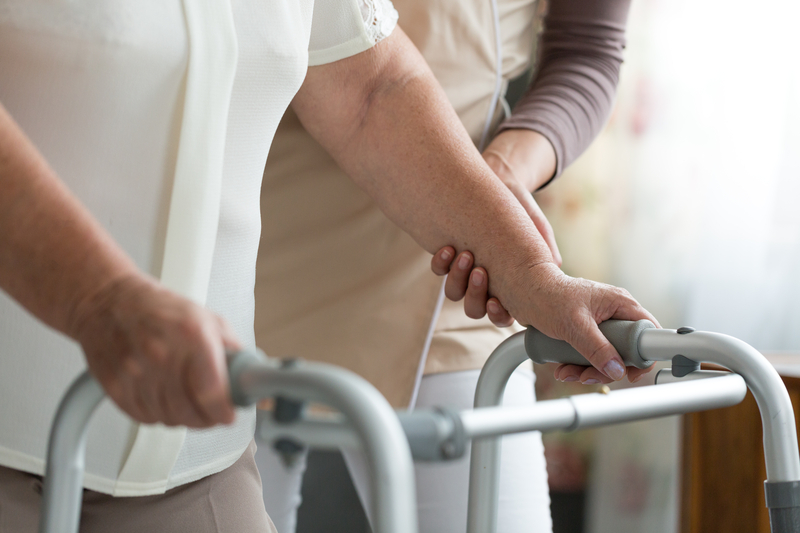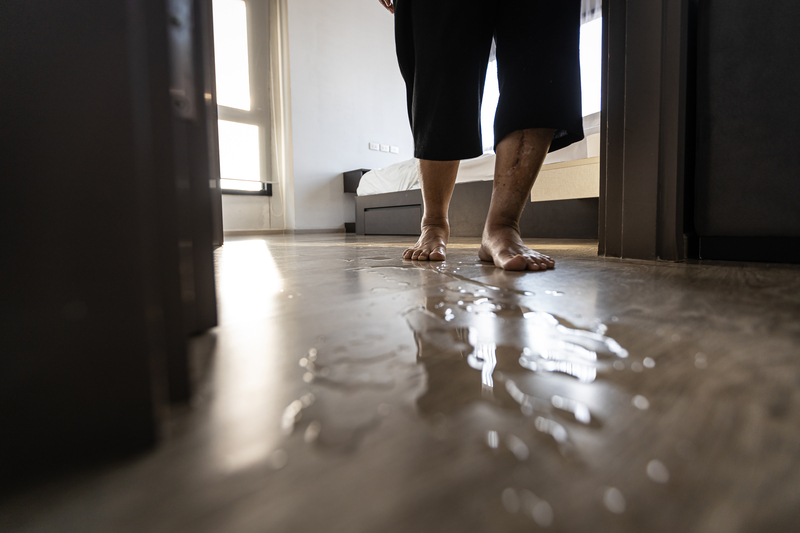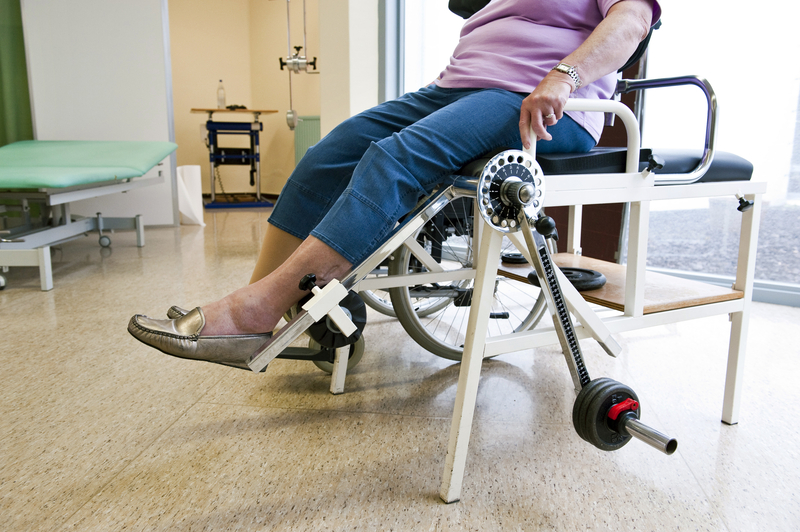LESSONS FOR PATIENTS
Lessons learned after total joint replacement surgery
Each patient is unique, as is each surgery, and therefore your surgeon always has the final say in determining your regimen.
Still, there are a few general guidelines and recommendations, which can be found below.
Patients undergoing total joint replacement surgery must follow certain regimen precautions.
These measures can be simplistically divided into temporary measures, relating to the rehabilitation period after the replacement surgery, and long-term measures, valid for life.
During the rehabilitation period after total hip replacement surgery, it is important to follow a movement regime to prevent dislocation of the total replacement.
The latter is a serious complication, dealt with either by reoperation, usually under general anaesthesia, or, if this is not possible, by repeat surgery. It is important to avoid deep sitting on low objects, typically sofas for example, not to cross the legs over each other and to avoid deep bends.
The ability to load the operated limb after total hip or knee replacement surgery, as well as the intensity of rehabilitation is very individual and always subject to the instructions of the surgeon, who manages it individually according to the surgical findings and the patient's course of rehabilitation.
If the patient's bone quality and condition are good, rehabilitation usually starts on the first day after surgery and the patient is vertically stabilised from the second day.
The duration of incapacity for work in patients of working age is again very individual and depends on the patient's condition and motivation. However, both of these recommendations should be taken as general, and your surgeon always has the final say.
Of the long-term regimens following total knee replacement surgery, the most important is the prevention of infection. Infection can pass to a total joint replacement from virtually any location in your body, most often through the bloodstream.
The most common sources can be oral infections, urinary tract infections, respiratory infections, gastrointestinal infections and, in women, gynecological infections. For tooth extractions and all surgical procedures, your doctor should be informed that you have a total restoration implanted and provide antibiotic coverage for the procedure.
PREVENTION OF FALLS
Let us introduce you and your loved ones to the topic of falls in hospitalized patients and their possible prevention.
We would like this measure to be protective for you, ensuring your greater safety, not restrictive.
Falls are the most common and the most risky incident in hospitalized patients, and can complicate and prolong hospitalization and treatment.
Patients with impaired mobility are most at risk of falls
- After orthopaedic surgery, using orthopaedic devices
- After anaesthesia (anaesthesia)
- With balance disorder
- With visual impairment
- Physically and mentally handicapped
The most common causes of falls include
- Reduced physical mobility
- Poor standing up technique
- Increased muscle weakness
- Violation of the treatment regimen, failure to respect the recommendations of health professionals
- Incorrect or non-functional use and handling of compensatory aids (French canes - poor quality rubber attachments for French canes...)
- Type and condition of footwear
- Poor lighting
- Obstacles in the room
- Wet floors
- Disturbance of balance
Recommendations
Learn how to use the alarm device and use it to summon help 24 hours a day. The medical staff will explain the operation of the alarm at any time.
If you feel dizzy, weak, lightheaded or disoriented, do not leave your bed and call medical staff.
Respect the recommendations of the medical staff.
Learn how to use compensatory aids (French canes, walkers...) correctly, regularly check their technical condition. The physiotherapists of the Dr. Pírka Clinic will help you with the use of compensatory aids and their control.
With the help of a physiotherapist or general nurse, choose the right footwear (with a firm heel and non-slip sole), always wear it well (use a long bucket).
Ask for obstacles that are in your environment and prevent you from moving to be removed.
You must be careful of slippery floors - toilet, shower, hallway.
Do not remove crutches, observe the recommended load on the operated limb. However, if you lose your balance and are in danger of falling, it is better to step on the operated limb.
Pay attention to fatigue, do not overestimate your strength.
It is a good idea to avoid sudden movements and all activities that carry a higher risk of uncontrolled falls.
DON'T BE AFRAID TO ASK FOR HELP!
Report any fall immediately to the medical staff at the Dr. Feather Clinic.
We will be happy to help you, examine you and reinforce preventive measures.





